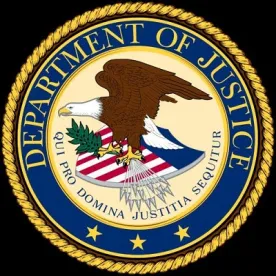At a press conference on Nov. 5, the Assistant Attorney General for the Antitrust Division of the U.S. Department of Justice (DOJ) announced the establishment of a Procurement Collusion Strike Force (PCSF) to investigate and prosecute antitrust crimes that undermine competition in the procurement, granting and operation of programs funded by the federal government.
In a significant development, the PCSF will include 13 U.S. Attorney’s Offices in some of the busiest districts across the country, considerably increasing the breadth and scope of antitrust investigations involving federal procurement, as well as the procurement processes in state and local jurisdictions that involve federal dollars.
Historically, the DOJ has centralized its antitrust investigations in the hands of a few select offices. The PCSF marks a substantial extension of such prosecution authority, now that U.S. Attorneys in cities across the country – including Chicago, Dallas, Detroit, the District of Columbia, Los Angeles, New York, and Philadelphia – have committed to prioritizing such investigations. In addition, the PCSF will have dedicated investigative resources from the FBI and Inspectors General at the Department of Defense, the General Services Administration, and the U.S. Postal Service to support its mission. Together, these prosecutors and agents will target what the DOJ sees as a significant expansion in antitrust violations in the government procurement and grant process.
Taking a page from the DOJ’s Health Care Fraud Strike Force, the PCSF will use data analytics, forensic audits and other sophisticated techniques to identify price-fixing, bid-rigging and other anticompetitive schemes that threaten the government procurement processes. As Assistant Attorney General for the Antitrust Division Makan Delrahim acknowledged, the PCSF marks a momentous shift in the DOJ’s traditional antitrust enforcement strategy – a movement away from the “monopolization” of antitrust enforcement in the hands of Washington-based prosecutors, to a team-based approach involving prosecutors and agents based in communities throughout the country.
In addition to an uptick in investigations, the procurement industry should also expect the government to seek enhanced penalties for anticompetitive behavior. For example, Section 4 of the Clayton Act gives the government the ability to seek treble damages for certain antitrust violations, but rarely has the United States used that authority. Now, it is also expected that the DOJ will seek increased penalties and damages when taxpayers are the victims of anticompetitive behavior.







 />i
/>i
